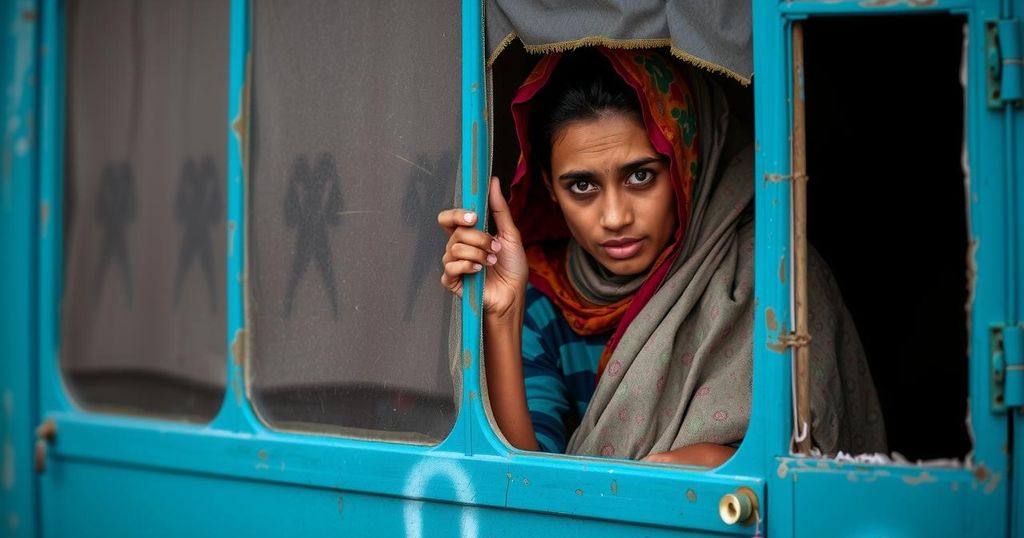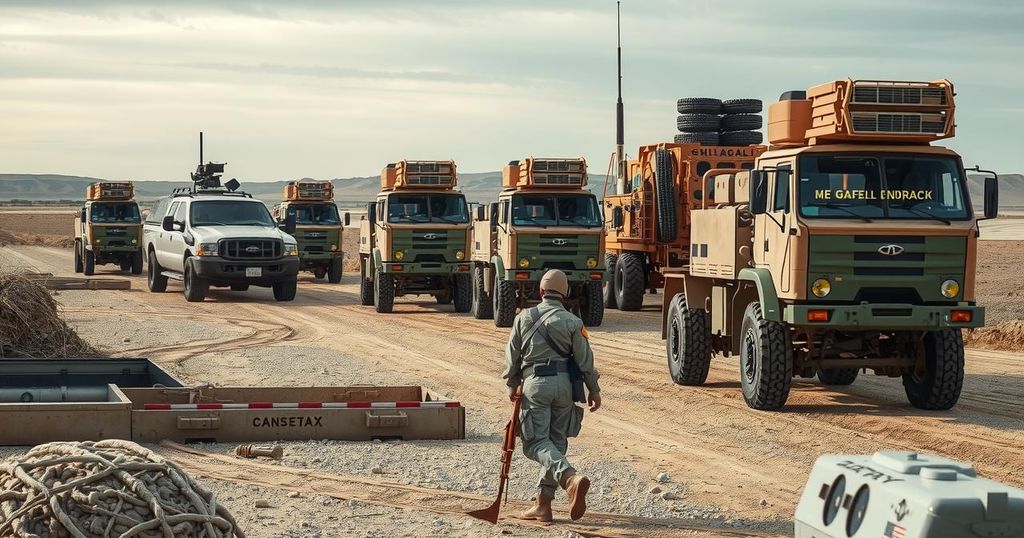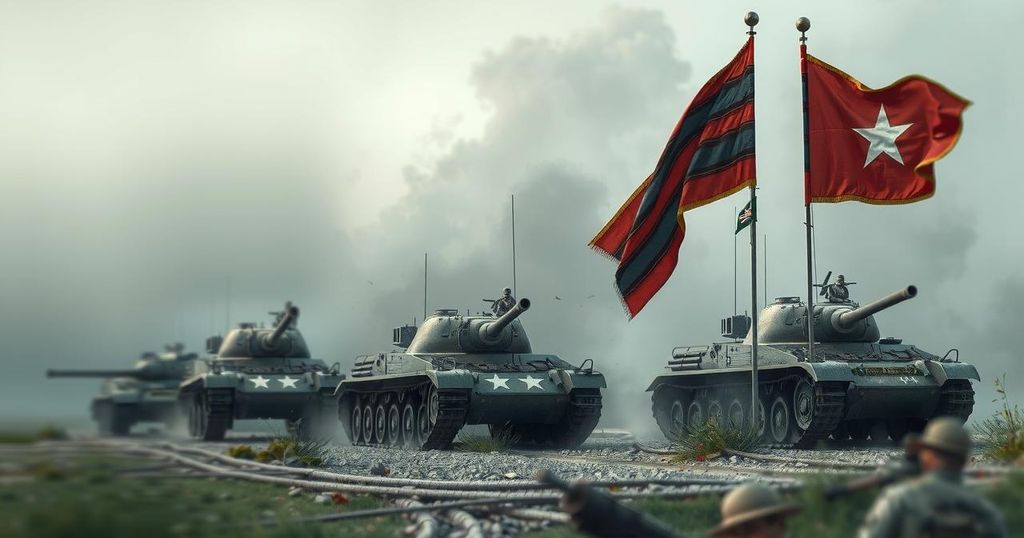World news
AFRICA, AMERICA, ANDREW HARPER, CLIMATE CHANGE, FILIPPO GRANDI, GODDARD INSTITUTE FOR SPACE STUDIES, GRANDI, HINDU, HUMANITARIAN AID, INTERNALLY DISPLACED PERSONS (IDPS, MYANMAR, NATIONAL OCEANIC AND ATMOSPHERIC ADMINISTRATION, NATURAL DISASTERS, SARAH KAPNICK, SOMALIA, SUDAN, UN, UNHCR
Amira Khan
0 Comments
UNHCR Reports Escalating Refugee Crisis Amidst Climate and Conflict Challenges
The UNHCR warns that climate-related displacement and conflict are worsening the conditions for refugees. Filippo Grandi highlights that extreme weather events are increasingly frequent, contributing to the crisis. Funding is scarce, and most refugees live in developing nations with high vulnerability. The report indicates record numbers of displaced individuals as global temperatures rise, necessitating urgent action and support for affected communities.
A recent report by the United Nations High Commissioner for Refugees (UNHCR) sheds light on the escalating challenges faced by refugees as they navigate the dual threats of climate-induced displacement and violent conflicts in their native countries. Climate shocks, such as floods, droughts, and extreme weather events, are exacerbating the difficult conditions in regions plagued by conflict, including Sudan, Somalia, and Myanmar. UNHCR’s chief, Filippo Grandi, emphasized that the frequency of such environmental crises is alarming, characterizing refugees as being on the front lines of this multifaceted crisis.
Grandi further pointed out that 75% of refugees reside in developing nations that remain highly vulnerable to climate-related hazards. Funding disparities exacerbate these challenges, with the most fragile states receiving a mere $2 per person annually for adaptation, contrasting sharply with the $161 allocated in more stable regions. The report indicates that a staggering 120 million individuals have been forcibly displaced due to conflict, while an estimated 220 million have been affected by weather-related disasters.
The past decade has witnessed unprecedented warming, with 2023 being reported as the hottest year on record. NOAA’s Chief Scientist, Sarah Kapnick, noted the urgent need for preparedness against the impacts of climate change, including increasingly severe weather events. Those in low-income countries are facing compounded stresses from social unrest and climate-related disasters. Andrew Harper, UNHCR’s special advisor on climate action, articulated that those who are displaced often move into precarious locations, lacking the necessary infrastructure to combat the effects of climate change.
In response to this escalating crisis, the recent COP29 meeting in Baku has pledged $300 billion in funding for vulnerable nations by 2035, with further calls for raising $1.3 trillion through diverse channels. Additionally, UNHCR has laid out a series of strategic objectives aimed at safeguarding the most vulnerable populations and promoting climate-resilient solutions. Najeeba Wazefadost, a representative for Refugees for Climate Action, stressed the immediacy of climate change as a critical threat to survival, dignity, and stability, urging leaders to consider refugee narratives in their decision-making.
The report from the UNHCR highlights an urgent global issue at the intersection of climate change and humanitarian crises. Forced displacement due to violent conflict and climate change impacts has reached unprecedented levels, posing significant challenges to both host nations and refugees themselves. With many refugees fleeing to regions ill-prepared for climate challenges, the urgency for action and funding becomes increasingly critical. Understanding how these dynamics interact offers a comprehensive view of the humanitarian landscape and the initiatives required to support affected individuals effectively.
In conclusion, the report by the UNHCR emphasizes the dire conditions refugees face due to the combined impacts of climate change and conflict. With a significant portion of the global refugee population residing in vulnerable regions, there is a pressing need for increased funding and strategic action to address these challenges. Both immediate response and long-term viability hinge upon the world acknowledging and acting upon the needs articulated by these vulnerable populations, as they navigate their path to stability amidst growing threats.
Original Source: www.thecooldown.com




Post Comment